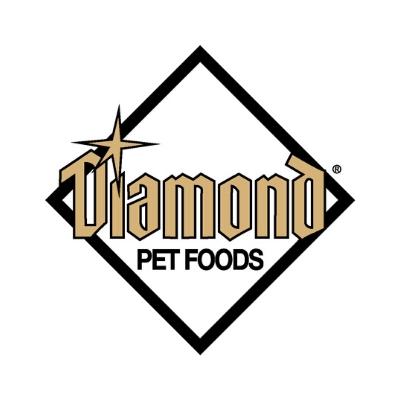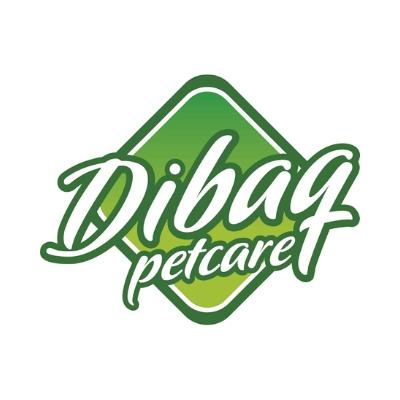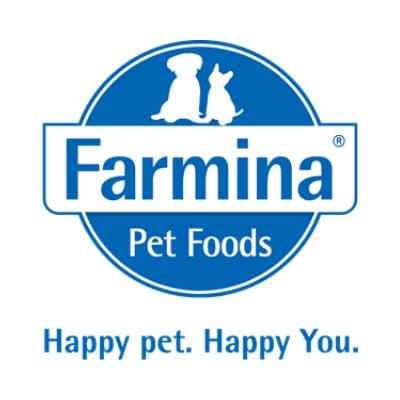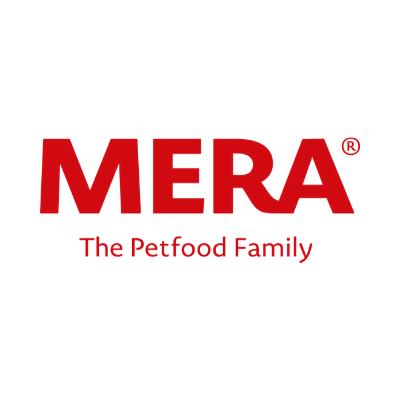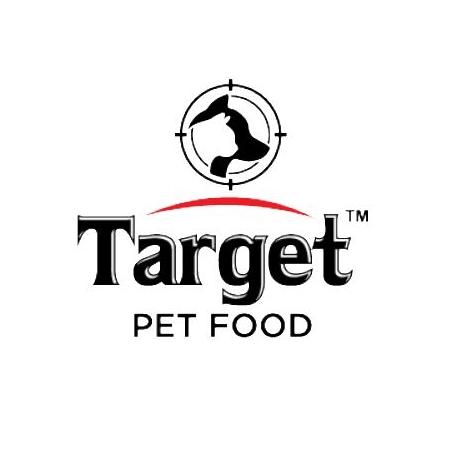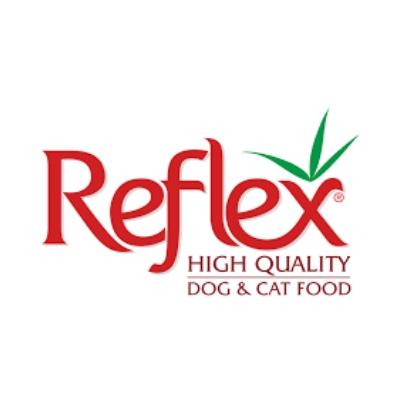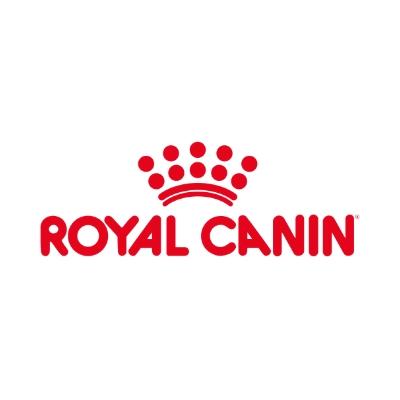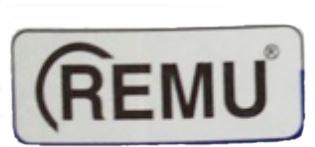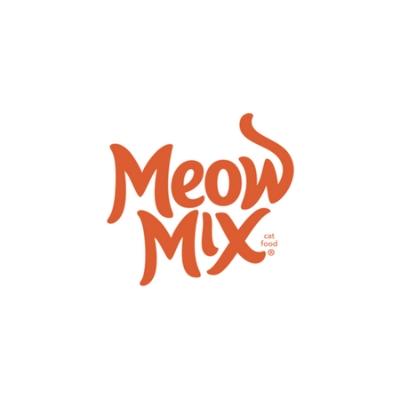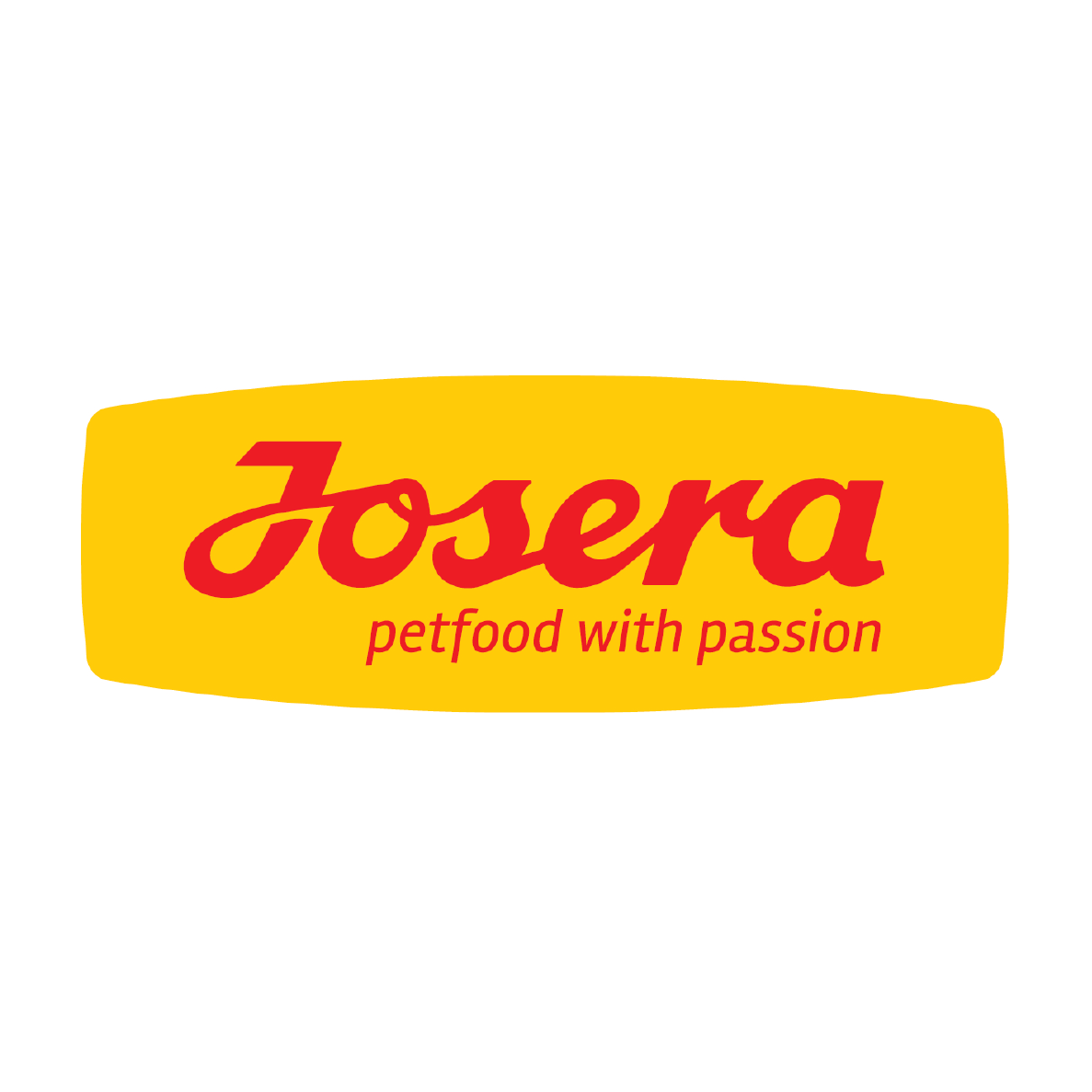Dog Coughing
Introduction
Coughing is a powerful reflexive act that is triggered by irritation along some part of the respiratory tract. Technically, a cough is defined as the sudden, noisy and forceful expulsion of air from the lungs and airways. Coughs usually are preceded by an exaggerated inspiratory (breathing-in) effort.
Causes & Prevention
Causes of Coughing
Coughs can be caused by any number of things, including respiratory tract infections (bacterial, viral or fungal), inflammation of the lining of the respiratory tract (bronchitis, tracheitis), pneumonia, cancer (neoplasia), congestive heart failure, trauma, excessive pressure on the neck from tight collars and inhaled or aspirated foreign bodies such as seeds, grass awns, foxtails or food particles. Coughs can also be caused by airborne environmental irritants, including dust, perfume, harsh chemical cleaners, cigarette or cigar smoke, aerosol sprays, room deodorizers, carpet powders and pesticides.
"Kennel cough" is a group of very contagious respiratory infections that most commonly involves the Bordetella bronchiseptica bacteria and the canine parainfluenza virus. Other possible contributors include canine adenoviruses types CAV-1 and CAV-2, mycoplasma, canine distemper virus, canine influenza virus and canine herpesvirus. Canine lungworms and heartworms can also cause severe coughing attacks.
Prevention of Coughs
Coughs that are caused by bacterial or viral airway infections are difficult to prevent. Certainly, a good vaccination protocol can go a long way towards protecting domestic dogs from contagious respiratory tract infections. Avoiding overcrowded, dirty boarding kennels and dog parks frequented by dogs of unknown vaccination or health status is also a good idea. Dogs that will stay at a boarding facility should be taken to a veterinarian several weeks before their trip to be vaccinated against Bordetella. The vaccine may need to be given twice yearly for it to achieve its maximum affect.
Special Notes
Coughing tends to dry out and irritate the mucous membranes lining the respiratory tract, which in turn causes even more coughing. Breaking this self-perpetuating cycle is a key factor in successful treatment. On the other hand, the cough reflex can be quite beneficial for dogs with productive coughs, because it is one of the key defense mechanisms that helps clear unwanted mucus secretions from the airways. In fact, a cough is the primary way that the upper respiratory tract airways are kept free from accumulated secretions and inhaled foreign material.
Symptoms & Signs
Introduction
Everyone knows what a cough is. However, coughs can come in a number of different forms based upon the underlying cause of the condition. Actually, a cough is itself a clinical sign rather than a disease or disease process.
Symptoms of Dog Caoughing
Coughs can be characterized in several ways, including as follows:
Moist and productive
Dry and nonproductive
Soft and infrequent
Harsh, hacking and prolonged
Purposeful (cough is beneficial in expelling mucus, pus or inhaled foreign material)
Warning (cough reflects some underlying condition, such as heart failure, lung hemorrhage or ingestion of a toxic substance)
Nocturnal (at night)
Diurnal (during the day)
Exercise-induced
Bloody sputum
Dogs that have a cough can also vomit, regurgitate, retch, sneeze or collapse, although those reflexes are triggered by different things. Reverse sneezing is commonly mistaken by owners as a cough. The "terminal retch" that happens at the end of a bout of coughing is sometimes misinterpreted as vomiting, although they are different physiological processes.
Dogs at Increased Risk
Dogs of any breed or mixed breed and of either gender can develop coughs. Coughing from several causes, including heart disease, tends to be diagnosed more often in middle-aged and older dogs.
Diagnosis & Tests
Introduction
When presented with a coughing dog, a veterinarian will perform a thorough physical examination. She will also take a complete history from the owner about the course of the dog's condition, including the duration and severity of the cough, whether it occurs during the day or at night and whether it worsens with exercise.
How Coughs are Diagnosed
A dog with a cough may be tentatively diagnosed based on the character of the cough itself. For example, a deep, dry, hacking cough that worsens with exercise or excitement is characteristic of kennel cough and typically is caused by the bacterium, Bordetella bronchiseptica. A productive, moist, bubbling cough suggests the accumulation of fluid, pus or mucous in the lungs or upper respiratory tract and may indicate that the dog has pneumonia. A weak, gagging, high-pitched cough that is followed by licking and swallowing typically is caused by a sore throat and perhaps tonsillitis. A dog that has long bouts of coughing, usually at night while lying down, may be suffering from heart disease – particularly congestive heart failure. In toy dogs, a chronic dry, harsh, "goose-honking" cough often is caused by a collapsing trachea. Dogs with a soft cough and a high fever may have contracted canine influenza, which is a fairly recently recognized disease of domestic dogs.
The attending veterinarian may recommend routine blood work, including a complete blood count and serum chemistry profile, together with a urinalysis, to assess the dog's overall health. Analysis of a fecal sample can detect respiratory parasites (lungworms), and a heartworm test can be used if those parasites are suspected of contributing to the dog's cough.
Other diagnostic tests for a dog with a cough include thoracic radiographs (chest X-rays), thoracic ultrasound and transtracheal wash. A transtracheal wash is a procedure where the trachea (the "wind pipe," which connects the mouth/oral cavity to the lungs) is flushed with a sterile saline solution while the dog is sedated. The fluid is retrieved (aspirated) by suction through a tube and syringe and submitted to a laboratory for microscopic evaluation called "cytology," and for culture to identify the presence of any microorganisms that are not part of the normal flora of a dog's respiratory tract. A similar procedure, called a bronchoalveolar lavage, may be used to take respiratory samples, as well. Other diagnostic procedures available for dogs that are coughing are bronchoscopy, tracheoscopy and laryngoscopy. These require general anesthesia, because they involve passing a rigid or flexible endoscope into the dog's mouth, down its throat, through its trachea and into its bronchi (large airways). The camera on the end of the instrument enables the veterinarian to see the lining of the respiratory tract, including any apparent abnormalities. Tissue biopsies can be taken with great accuracy during a bronchoscopy, and foreign bodies can also be removed.
In some specialized veterinary hospitals, computed tomography (CT scan) and/or magnetic resonance imaging (MRI) may be available.
Special Notes
When dogs develop a chronic cough, owners should eliminate any possible contributing factors, such as cigarette or cigar smoke, aerosol products, irritating household cleaners, dust, perfume and the like.
Treatment Options
Introduction
Occasional coughs are normally not a serious condition in domestic dogs. However, if a cough persists, if the dog has nasal or ocular (eye) discharge or bloody sputum or if it has labored breathing, it should be assessed by a veterinarian promptly. The goals of treating a cough are to correct or cure the underlying disorder if at all possible, reduce the frequency and severity of coughing episodes and relieve the dog's discomfort.
Treatment Options
It is important to identify the cause of a dog's cough, so that it can be corrected. For example, environmental irritants such as smoke, aerosol sprays, perfumes, caustic cleaners, room fresheners and dust, should be removed from the household. Lawn and plant fertilizers, pesticides and some bark ground coverings can also irritate a dog's upper respiratory tract. Many dogs with coughs can benefit by resting in a closed bathroom while their owner showers, with the overhead fan turned off. Using a household humidifier or cool mist vaporizer may also be helpful. It generally is a good idea to restrict a dog's exercise until the reason for its cough is identified and treated.
Some human cough medications can be used in dogs, although dog owners should always check with a veterinarian before giving any human drugs to their dogs. While cough suppressants can reduce the frequency and severity of a cough and cough expectorants can liquefy mucus secretions, they do not address or treat the condition that is causing the dog to cough. Bacterial and viral infections of the bronchi and lungs are frequent causes of canine coughs and require veterinary attention, including isolation from other dogs and administration of prescription medications. If the dog has severe bronchitis or pneumonia, it probably will need to be hospitalized at the veterinary clinic so that it can receive intravenous fluids and medication, such as antibiotics, bronchodilators and/or corticosteroids. Oxygen therapy is also available in the hospital. In some cases, surgical intervention may be necessary, such as to repair a collapsed trachea, correct laryngeal paralysis or remove a tracheal mass.
Prognosis
The prognosis for a dog with a cough depends upon the reason for the cough and the success of resolving that underlying condition. There is really no meaningful way to generalized about a coughing dog's prognosis, until the cause of the cough is identified.










